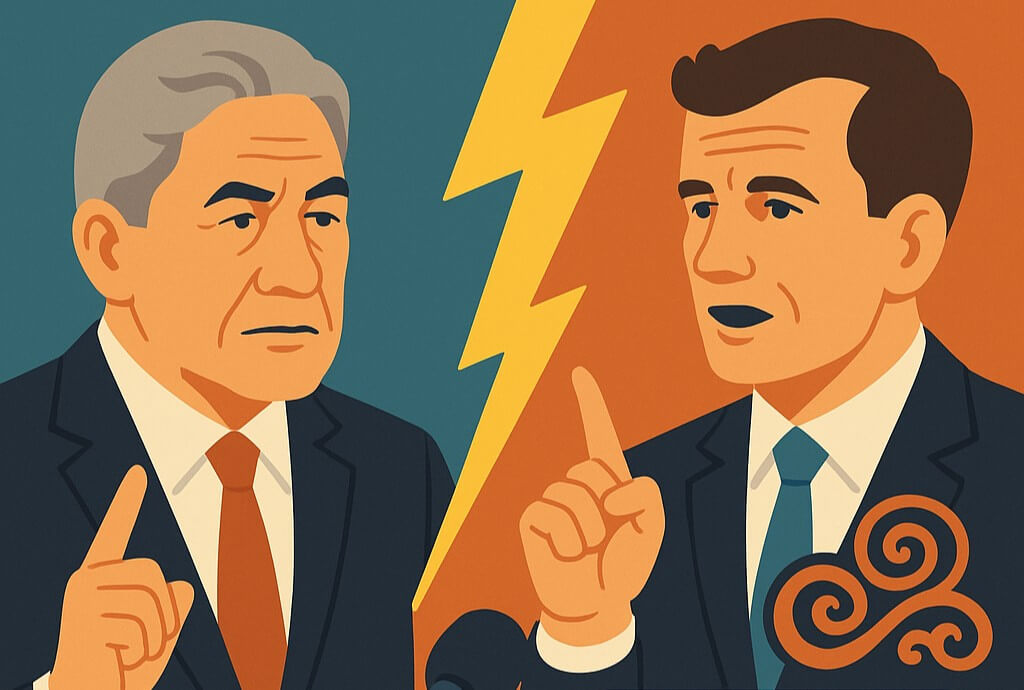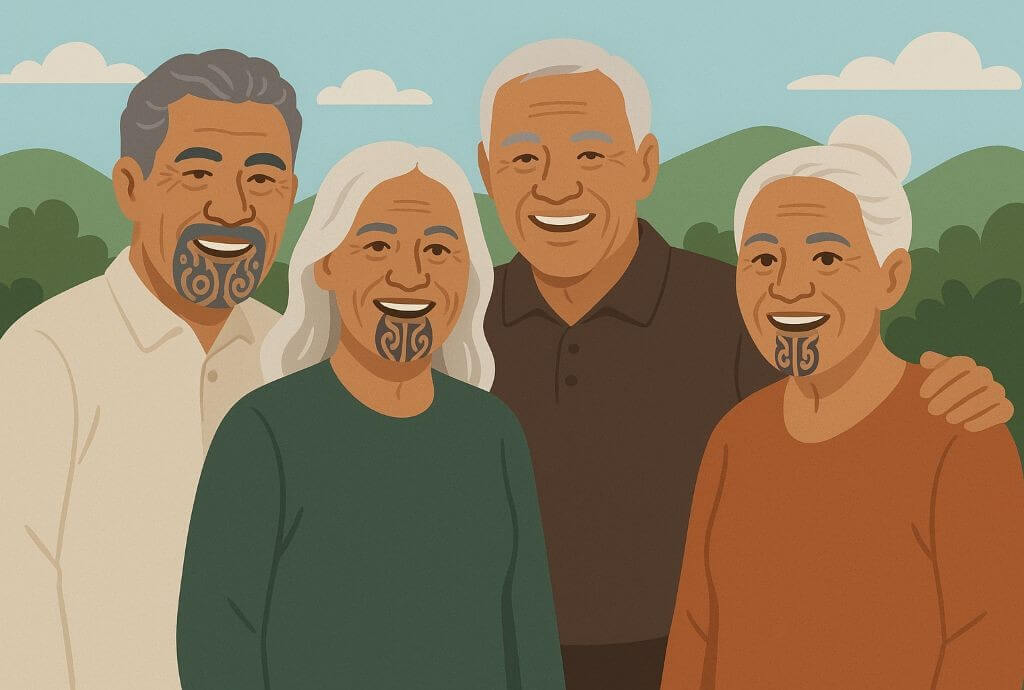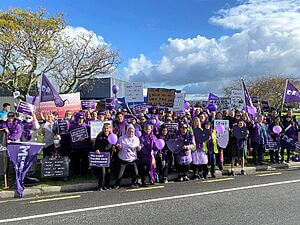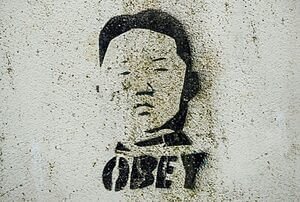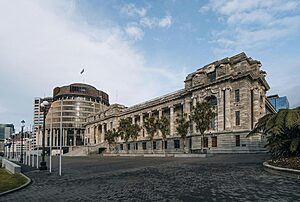Summarised by Centrist
Toyota, the world’s largest automaker, has taken a unique stance in the automotive industry by not solely focusing on electric vehicles (EVs). Instead, Toyota’s chairman, Akio Toyoda, is pushing for a multi-pathway strategy that includes EVs, hybrids, and hydrogen-powered cars. This approach has proven to be advantageous as the EV market experiences a slowdown, with Toyota’s rivals now facing challenges.
In 2023, Toyota saw a nearly 8% increase in car sales, including a significant rise in hybrid and plug-in hybrid sales, which surged by more than 30%. However, EV sales remained low at 104,000 units, which is barely 1% of all Toyotas sold in 2023.
Right now the company only has one fully EV on the market and it hasn’t sold well. The company is still slated to spend at least $35 billion on EV tech up to 2030 with 10 models to be offered by 2027.
Despite the push for electrification, the high cost and concerns about charging infrastructure have slowed the mass adoption of EVs. In contrast, hybrids, which are cheaper and alleviate “range anxiety”, have seen a surge in demand, particularly in markets like China.
On that note, Chinese manufacturers are becoming more competitive with Toyota for the European market.

